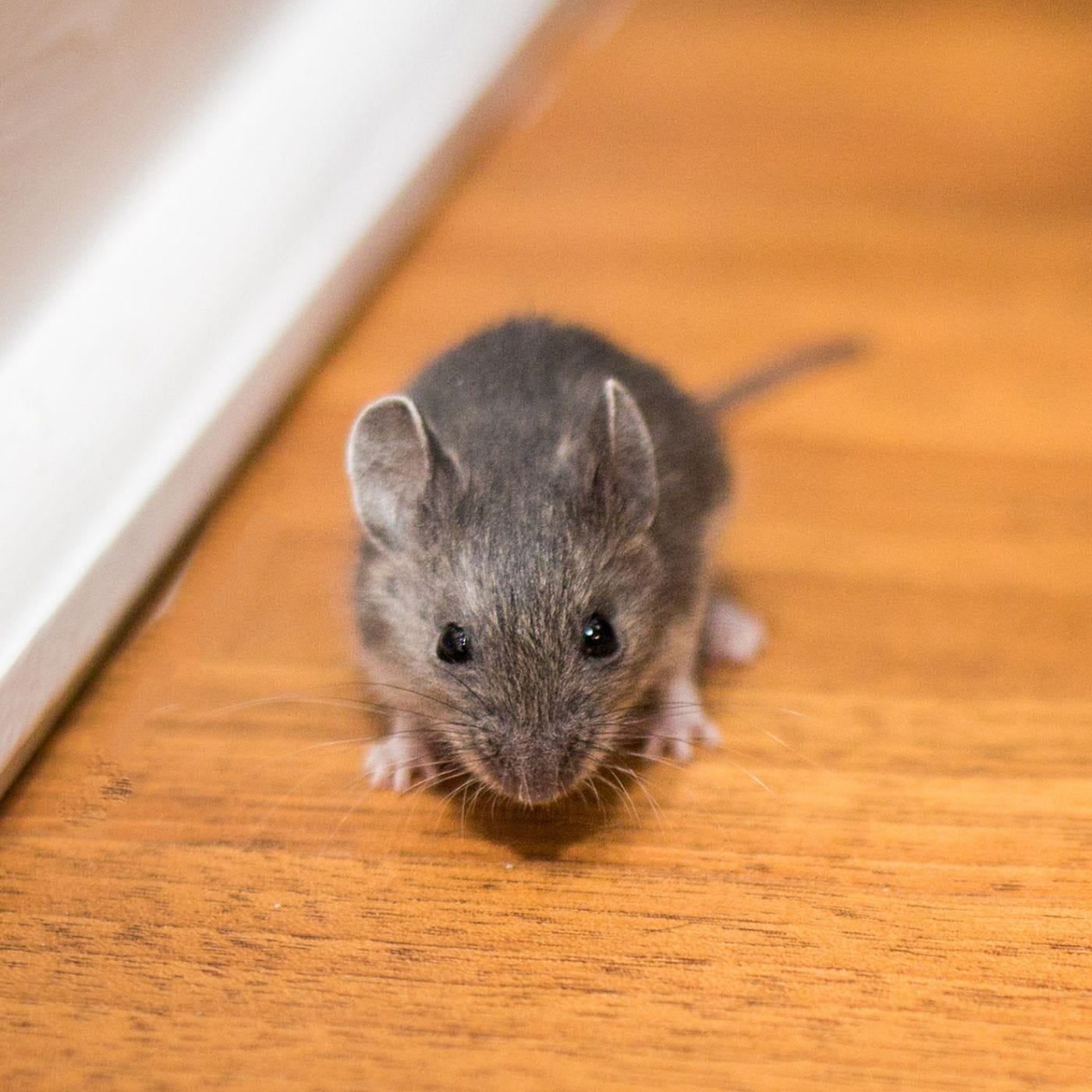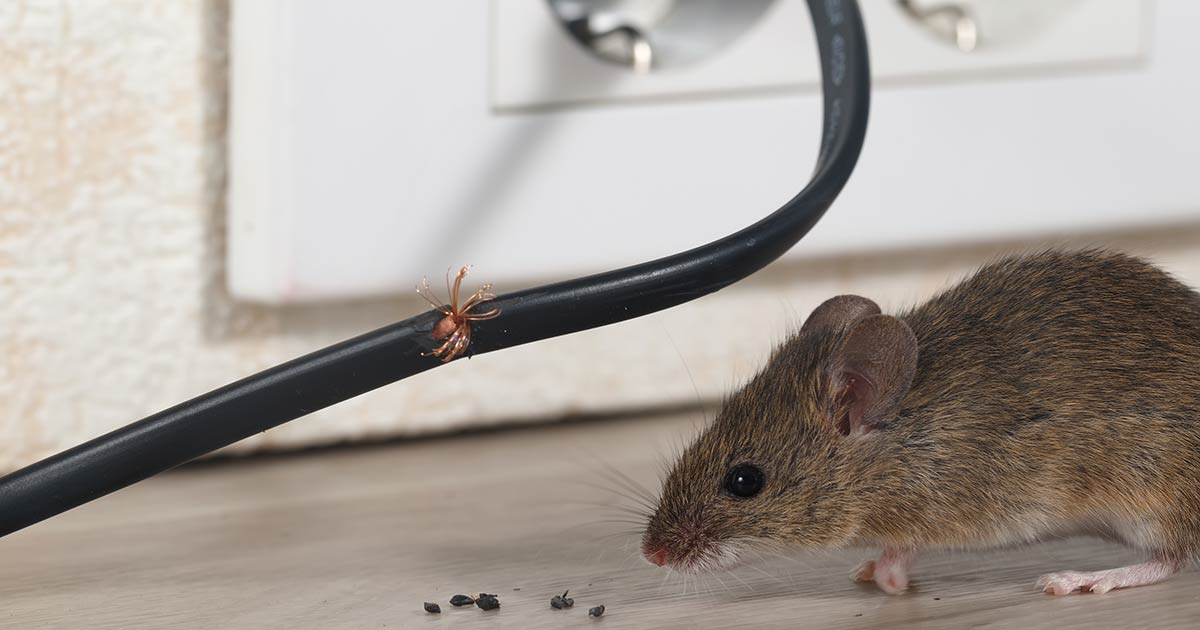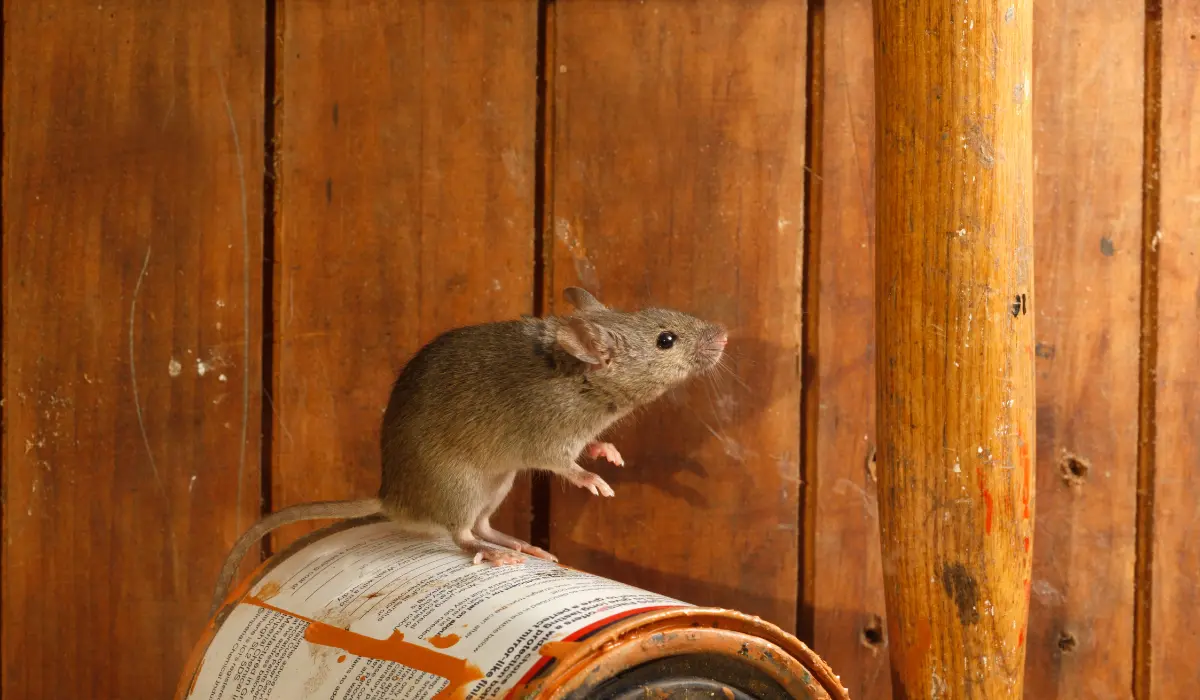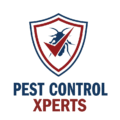Rodent Removal and Mice Extermination in Titusville, Florida, Pest Control Xperts
Hearing scratching sounds in your attic or walls at night is one of the most unsettling experiences a homeowner can face. In Titusville and the surrounding communities of Mims and Port St. John, rodents are a serious concern for property owners. Whether it is the common house mouse raiding your pantry or roof rats seeking shelter from the coastal storms, these pests bring health risks and physical damage to your door. At Pest Control Xperts, we provide specialized rodent removal and mice extermination services that focus on shutting down entry points and removing the population safely.
Rodents in Brevard County are adept at finding the smallest gaps in soffits, roof returns, and AC lines to gain access to your home. Once inside, they chew on electrical wiring, contaminate insulation, and spread bacteria. We understand that this is not just a nuisance; it is a safety hazard. Our team moves quickly to perform a thorough pest inspection, identify the species, and implement a plan to restore the security of your home. We handle the dirty work so you can rest easy knowing your home is rodent free.
Rodent Problems We Solve in Titusville
The unique mix of older historic homes and modern construction in our area provides ample opportunities for rodents to invade. Mice and rats are commensal pests, meaning they live partially on what humans provide—food, water, and shelter. In Titusville, fruit trees in backyards often attract roof rats, while cooler winter temperatures drive mice indoors. Ignoring a small issue often leads to a massive infestation because rodents reproduce incredibly fast.
We solve the root cause of the infestation. Simply setting a few traps without sealing the home is a temporary fix that fails to address the real problem. We utilize advanced pest tracking to find the runways and nesting sites. Our comprehensive infestation control strategies focus on exclusion techniques for pests, ensuring that once we get them out, they stay out.
Common signs of a rodent issue:
- Scratching, scampering, or gnawing sounds in the ceiling or walls at night
- Small, dark droppings found in cupboards, drawers, or along baseboards
- Gnaw marks on food packaging, wooden trim, or plastic containers
- Nesting material like shredded paper, insulation, or fabric tucked in corners
- Grease marks (rub marks) along walls where rodents frequently travel
- A strong, musky odor of ammonia in enclosed spaces
- Pets staring intently at a blank wall or under an appliance
- Fruit in the yard that has been hollowed out or eaten

Types of Rodent Issues We Handle
Mice Extermination and Kitchen Invasions
House mice are small, curious, and can squeeze through an opening the size of a dime. They typically target kitchens and pantries, contaminating food surfaces with urine and feces. Because they are cautious nibblers, they can damage many food items in a single night. They often nest behind refrigerators or inside lower cabinets.
What we look for during inspection:
- Droppings behind appliances and in silverware drawers
- Entry points around plumbing pipes under the sink
- Gaps behind the dishwasher or oven
- Chewed corners on cereal boxes or grain bags
How we approach treatment:
We use a combination of snap traps and tamper resistant bait stations placed in strategic locations where mice travel. We focus on sanitation and pest proofing the kitchen, sealing gaps around pipes with steel wool and sealant to block their path from the wall voids.
Rat Control and Attic Infestations
In Titusville, Roof Rats (fruit rats) are the primary structural pest. They are excellent climbers and often enter homes through trees touching the roof. Once in the attic, they trample insulation and chew on wires, creating a significant fire risk. They are larger than mice and require a more aggressive trapping strategy.
What we look for during inspection:
- Damaged or tunneled insulation in the attic
- Light entering through eaves or soffit vents
- Rat droppings on ductwork or attic flooring
- Chew marks on PVC pipes or electrical wires
How we approach treatment:
Our primary focus is rodent barrier installation. We seal roof returns, screen off vents, and close gaps in the fascia. We then use heavy duty traps in the attic to remove the trapped population. We also advise on trimming tree branches back from the roofline to cut off their “bridge” to your home.
Garage and Outbuilding Rodent Removal
Garages and sheds are common entry points because the doors are often left open or have worn seals. Rodents use these spaces as a staging ground to enter the main house or to nest in stored boxes, cars, and laundry machines. They can cause expensive damage to vehicle wiring harnesses.
What we look for during inspection:
- Gaps under the garage door rubber seal
- Nests inside car engines or storage bins
- Openings around washer and dryer vents
- Pet food stored in accessible bags
How we approach treatment:
We install exterior bait stations to reduce the pressure from the outside population. We recommend and install rodent proof door sweeps and seal utility penetrations. This creates a secure perimeter that discourages rodents from nesting in your storage areas.

Our Rodent Inspection and Exclusion Approach
Effective rodent control is 80% inspection and exclusion, and 20% trapping. At Pest Control Xperts, we start with a top to bottom inspection of your property. We get on the roof, check the crawlspace, and inspect the perimeter. We are looking for the “how” and the “why.” How did they get in? Why is this house attractive to them? We identify every potential entry point, from a missing brick to a torn screen.
Once the inspection is complete, we move to exclusion techniques for pests. This is the process of sealing your home to make it impenetrable. We use durable materials like hardware cloth, copper mesh, and concrete—materials that rodents cannot chew through. We do not use expanding foam alone, as rats can easily gnaw through it. Our goal is permanent property pest management.
After the home is sealed, we implement a trapping program to remove the rodents trapped inside. We monitor these traps regularly until the activity stops completely. We also provide pest assessment services to check for new activity, ensuring that your home remains secure against future invasions. Our safe pest management protocols ensure that traps and baits are placed out of reach of children and pets.

Rodent Prevention and Homeowner Tips
Preventing rodents is easier than removing an established infestation. In our coastal environment, keeping rodents out requires vigilance. By reducing food sources and harborage areas, you make your property less appealing to foraging mice and rats. We believe in partnering with our neighbors to create a pest free community through smart pest deterrent strategies.
Preventative steps that actually help:
- Trim trees and palm fronds at least 6 feet away from the roof
- Keep shrubbery trimmed off the ground to remove hiding spots
- Pick up fallen citrus or fruit from the yard daily
- Do not leave pet food or water outside overnight
- Store bird seed and dry goods in metal or heavy plastic bins
- Ensure your garage door closes tightly with no gaps at the corners
- Keep attic vents and chimney caps in good repair
- Declutter the attic and garage to remove nesting sites
- Inspect weather stripping around doors and replace if worn
Implementing these pest prevention measures supports our professional efforts. Routine seasonal pest control inspections can also catch new entry points before a rodent finds them.
Residential and Commercial Rodent Services
We provide specialized care for both residential homes and commercial businesses. For homeowners, our residential pest control focuses on restoring your peace of mind and protecting your property value. We handle the cleanup and the trapping so you don’t have to deal with the unpleasant reality of rodent removal.
For businesses, rodents can be a liability. A mouse in a restaurant or retail store can lead to closure and reputation damage. We offer commercial pest services that focus on high discretion and compliance. We implement exterior baiting programs and interior monitoring to detect activity early. Our commercial pest eradication strategies are designed to protect your brand and ensure a sanitary environment for your customers and staff.
Professional Rodent Control vs DIY Methods
Many homeowners attempt to solve rodent problems with store bought traps or poison pellets. While catching a mouse might feel like a win, it rarely solves the infestation. If the entry point remains open, new rodents will simply follow the pheromone trails of the old ones, replacing the population as fast as you trap them. Furthermore, improper use of rodenticides can endanger local wildlife, pets, and even children.
Professional pest exterminators understand rodent behavior. We know that rats are neophobic (afraid of new things) and require specific trapping strategies. We have the tools and materials to perform proper exclusion, sealing holes that are often located in hard to reach areas like roof peaks. By choosing professional pest control, you are investing in a long term solution that seals the building envelope, rather than just managing the symptom. We provide safe pest management that targets the pest while keeping your household safe.
Frequently Asked Questions About Rodent Control
Do you offer rodent removal in Titusville and nearby areas? Yes, we serve Titusville, Mims, Port St. John, Cocoa, and the surrounding areas. We are experts in handling the specific rodent species found in our region. How do I know if I have rats or mice? The size of the droppings is the easiest indicator. Mouse droppings are small, like rice grains. Rat droppings are larger, about the size of a raisin or olive pit. Rats are also much louder in the attic than mice. Does the treatment leave a dead animal smell? Our primary method is trapping, which allows us to remove the carcass. We avoid using poisons inside the home whenever possible to prevent rodents from dying in inaccessible wall voids and causing odor issues. How long does it take to get rid of them? The timeline varies based on the severity. Sealing the home usually takes one to two visits. Trapping out the population can take anywhere from a few days to two weeks. We continue until the noise stops and the traps stay empty. Is the service safe for my dog or cat? Yes. We use tamper resistant bait stations on the exterior that pets cannot open. Inside, traps are placed in attics or behind appliances where pets cannot reach them. Why do they chew on wires? Rodents have teeth that never stop growing. They must gnaw on hard surfaces to file them down. Electrical wires, PVC pipes, and wood are common targets, which is why they pose such a high risk to your home. Do you clean up the droppings? Yes, we can discuss sanitation services. Cleaning up rodent waste requires safety gear to avoid inhaling airborne viruses. We can help sanitize the affected areas after the infestation is eliminated. Is there a local mice exterminator near me? Pest Control Xperts is your local provider in Brevard County. We are nearby and ready to respond quickly to protect your home from rodents.Service Area for Rodent Removal in and Around Titusville, Florida
From the historic neighborhoods of downtown Titusville to the expansive properties in Scottsmoor, we cover the entire Space Coast area. We understand the construction styles and environmental factors that contribute to rodent issues in our community.
We serve the following neighborhoods and nearby areas:
- Titusville
- Mims
- Port St. John
- Cocoa
- Merritt Island
- Cape Canaveral
- Scottsmoor
Zip codes we serve: 32780, 32781, 32783, 32796, 32927, 32922
Conclusion
Rodents are uninvited guests that wear out their welcome immediately. Whether you are dealing with the subtle signs of mice in the kitchen or the heavy thumping of rats in the attic, Pest Control Xperts has the solution. We combine skilled exclusion work with effective trapping to make your home secure again.
Protect your home from damage and disease. Let our local experts handle the problem.
Contact us today to schedule your rodent inspection.
